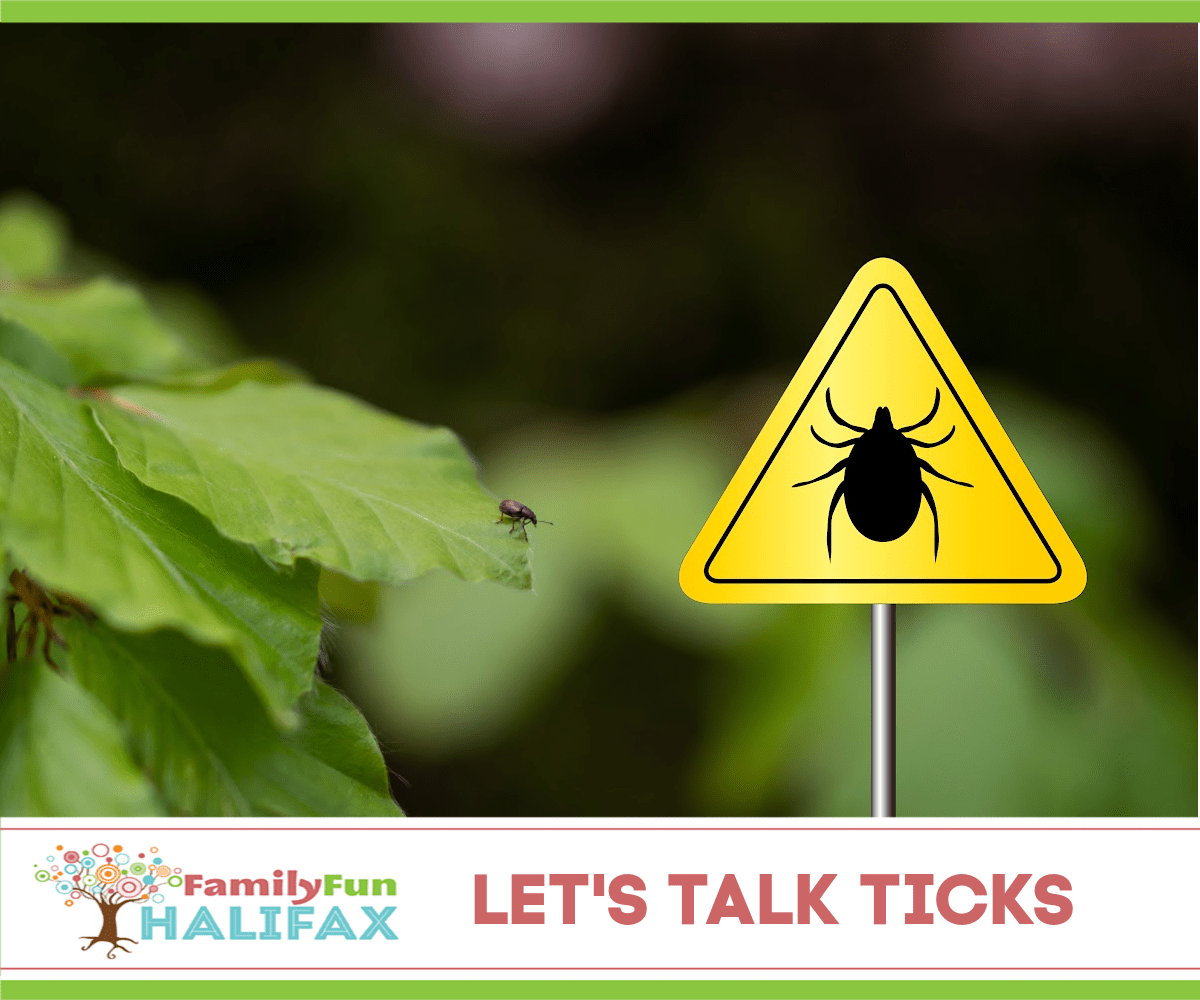If you live in Nova Scotia, it is probably not news to you that there is a growing ticks problem. The bad news is that their population is only expected to increase as the climate continues to warm. The good news is, there are things you can do to help prevent tick bites, and in Nova Scotia, there is also a plan in place if a tick ever bites you or someone in your family.
With their ability to spread dangerous diseases, it’s essential to take steps to prevent tick bites and remove any ticks that do manage to attach themselves to you or your pets. In Nova Scotia, black-legged ticks (also known as deer ticks) are of particular concern, as they are carriers of Lyme disease. Ticks survive best in moist habitats and are often found in and near wooded areas, long grass, and urban parks and gardens.
How to prevent tick bites:
There are several home remedies and products that can help repel ticks. One effective method is to use tick repellent on your skin and clothing when spending time outdoors. DEET-based products are effective but can be harsh and even negatively impact your health if used in large quantities over time. Luckily, there are also natural alternatives like lemon eucalyptus oil and cedar oil that can repel ticks. We recently discovered Atlantick, a Nova Scotia-based company that produces all-natural tick repellent and tick products for your family and pets. We swear by their outdoor tick spray! We have also planted lavender and lemongrass around our property as they are known to repel ticks – and it smells delicious too!
Another option is to create a tick-safe zone around your property by keeping the grass trimmed short and removing any leaf litter or brush piles. Additionally, wearing long-sleeved shirts and pants and tucking pants into socks can help prevent ticks from attaching to your skin.
- Cover your skin with clothing & a hat
- Use natural repellents
- Plant tick-repelling plants around your property
- Keep your grass short
- Tick-check every time you come in from outdoors

What to do if you find you have been bitten by a tick:
If you do find a tick on yourself or a loved one, it’s essential to remove it as soon as possible using tweezers or a tick removal tool. Grasp the tick close to the skin and pull straight upward with steady, even pressure. Be sure to disinfect the bite area and wash your hands and the tweezers with soap and water.
As of 2021, Nova Scotians who get bitten by a tick can now go to their local pharmacy to assess the need for treatment to help prevent Lyme disease. Pharmacists can assess and determine whether a preventive antibiotic is appropriate. The assessment look at factors like whether the tick bite was from a blacklegged tick, whether the tick was removed in the previous 72 hours and whether the tick was attached for at least 36 hours. If you would like to learn more about this program and how pharmacist can help, visit www.novascotia.ca.
- Remove the tick immediately
- Identify the time in which it was removed and estimate how long it has been there
- Put it in a sealed container
- Go to your local pharmacy for further assessment
We cannot let our anxiety around these little “buggers” take away our joy of exploring Nova Scotia’s beautiful outdoors. The key is to be diligent with checking, do what we can to prevent, and educate ourselves on what to do should a bite happen. Play safe!





